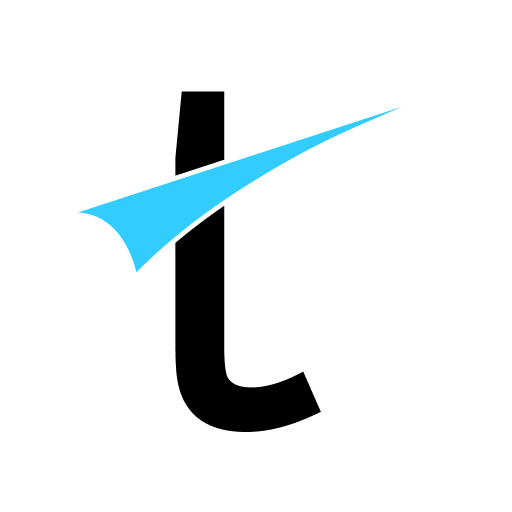Navigating the Security and Privacy Challenges of Web 3.0

Author

Rahul Joshi
Founder, CEO
In This Article
As technology continues to evolve, we find ourselves at the cusp of a new era known as Web 3.0. This next generation of the internet promises enhanced user experiences, decentralized systems, and greater connectivity. However, as with any technological advancement, Web 3.0 brings its own set of security and privacy challenges. In this article, we will delve into the potential risks and vulnerabilities associated with Web 3.0 and explore strategies to navigate these challenges effectively.
A Paradigm Shift in the Digital Landscape: Web 3.0 represents a paradigm shift from the traditional centralized internet to a decentralized and interconnected web. With blockchain technology at its core, Web 3.0 aims to empower users, provide data ownership, and enhance privacy. However, this transition to a decentralized landscape introduces new security concerns that must be addressed to ensure the integrity and trustworthiness of the web.
Decentralization and Trust One of the fundamental principles of Web 3.0 is the removal of intermediaries and the shift towards decentralized systems. While this brings benefits such as increased transparency and control over personal data, it also poses challenges in terms of data integrity and trust. With no central authority overseeing transactions and interactions, there is a greater reliance on cryptographic mechanisms to verify the authenticity of data and ensure its integrity. Implementing robust encryption protocols and smart contract auditing becomes crucial to mitigate the risks associated with data tampering and unauthorized access.
Striking a Balance in a Connected World: Web 3.0 encourages greater user control over personal data, but it also raises concerns about privacy. With increased connectivity and data sharing, individuals face the risk of their sensitive information falling into the wrong hands. Balancing the benefits of data transparency with the need for privacy becomes essential. Implementing privacy-enhancing technologies, such as zero-knowledge proofs and decentralized identity management systems, can help protect user privacy while maintaining the benefits of a connected web.
Smart Contracts and Vulnerabilities Smart contracts, a cornerstone of Web 3.0, are self-executing contracts with the terms of the agreement directly written into code. While smart contracts offer immense potential for automation and efficiency, they are not immune to vulnerabilities. Flaws in smart contract code can lead to serious consequences, including financial loss and exploitation. Thorough code audits, rigorous testing, and adherence to security best practices are critical to minimize the risks associated with smart contract vulnerabilities.
Phishing and Social Engineering Attacks: As Web 3.0 brings increased user empowerment, it also presents opportunities for malicious actors to exploit vulnerabilities. Phishing attacks, social engineering, and identity theft become more sophisticated and pose significant threats to user trust and security. Educating users about these risks, promoting cybersecurity awareness, and implementing multi-factor authentication mechanisms can help safeguard against such attacks and preserve user trust in the decentralized web.
Striving for a Secure and Ethical Web: Web 3.0 blurs the lines between traditional regulatory frameworks, raising questions about compliance and jurisdiction. As decentralized systems evolve, it becomes necessary to establish regulations that protect users while fostering innovation. Striking the right balance between security, privacy, and regulatory compliance is crucial to ensure a secure and ethical Web 3.0 ecosystem.
Web 3.0 holds immense promise for reshaping the digital landscape, but it also presents complex security and privacy challenges. By understanding the risks associated with decentralization, prioritizing data integrity and user privacy, securing smart contracts, combating phishing attacks, and addressing regulatory concerns, we can navigate the future of Web 3.0 with confidence. As we embrace the possibilities of a decentralized web, let us work together to build a secure and trusted environment that empowers users while safeguarding their privacy and security.
